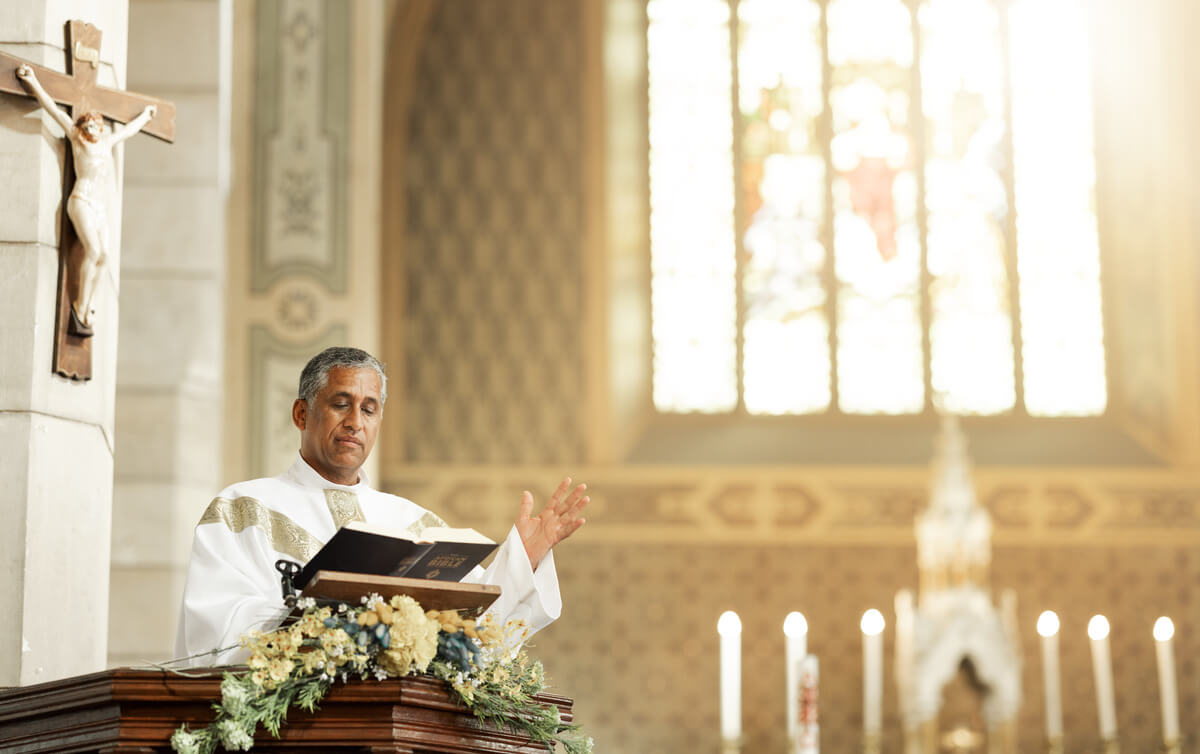The Search for God Page 5.1
Wow, how many hours do you have? This topic is a deep chasm of varying beliefs and practices the world over and throughout history. At its core, religion is the worship of a deified being, some being or creature greater in power that has some practice to it.

Some could argue that Marvel comic characters are worshiped and deified; we dress up like them and pretend we are those characters. We place in them a type of reverence above other humans.
We have cults of personality for music and screen idols, something or someone we place upon a pedestal and elevate. Some religion is freely expressed, and other practices are commanded and ensured by forced compliance.
So religion has two components:
Many people do not recognize that they are operating in a religious capacity, because there is one more critical element, generally, religious observation and practice is in an attempt to provide salvation, redemption, or liberation from the mundane trappings of life.
In summary, we look to a person or institution to free us, liberate us, or redeem us from something in our life by performing a perceived practice.
The Who
The first component of religion is recognizing who is being elevated and who is being revered. As I mentioned before, there are many people and creatures who are deified throughout history. When I consider who a religion forms around, I consider real and imaginary beings.
As real beings, other humans, while they receive some worship or reverence, often it is either forced, temporary, or limited. Forced worship is most often from dictators and military leaders. For limited worship, other humans are regarded for their beauty, their wealth, or their skill at a particular thing like music, acting, or sports.
Whether worship is limited or forced, most human worship is temporary; the star ages, beauty fades, and a strong leader dies. The more powerful form of worship is the imaginary. These beings are built up and morphed into whatever can provide satisfaction to the human mind.
In ancient times, temples were built for these “gods,” alms and sacrifices were made, and wars were fought. In modern days, our temples are less formal. We only buy trinkets, wands, little statues, and action figures, read comics, watch movies and TV programs, and fill our minds trying to understand these stories of mythic superheroes.
These figures larger than our mundane lives offer escape, then we quickly buy the trinkets to remind ourselves of that escape. But do we really think these beings can save our lives from death? The real struggle is the solution to the main human problem of death and evil. So the eternal battle is the self vs the other.

That is the who. Do we peer inside ourselves to improve our actions and our situation to liberate humanity in this life or the next or do we require a God or some other being with the power to affect these changes? So really, the who of religion is about power. Who has the power to free and liberate the individual human?
We deify those who we perceive to possess the power to change our life and our death. The power of liberation and redemption. Remember, humans have two major problems affecting society:
The third major problem is death, our lives are cut short.
Do We Impose Power Or Propose Change?
Our solution to our current problems of moral evil and injustice can be solved by either the individual or a mightier power. Humans look to heroes who can punish evil and bring perceived justice. The most recent Marvel flick, Moon Knight, presented this tension.
Do we wait until evil is committed, or do we stamp out those who will commit evil before they perform it? Some humans pray to higher powers, like god, angels, spirits, and so on—others take matters into their own hands. Individuals try to improve themselves and those around them.
However, we fight over truth, each gravitating toward the best way to achieve these outcomes. In addition, what are the outcomes? Are we better off with more liberty in a Republic or a socialistic framework like communism? Do we impose duties and restrictions or try to have individuals change their hearts?
These are the challenges. Individuals hold tremendous power over their own actions. So, do we impose power or propose change? We do both. There exists a moral code, a societal ethic that suggests individual behavior and imposes sanctions against those who violate those rules and duties.
Religion proposes that such moral laws and duties exist but that they arise from God, the who, an external being, with the power to enforce these laws and impose just punishment for violation. What is the just punishment for violation of these laws?
Since humans ultimately hold equal power over moral evil within themselves, we are unable to create a just and morally good society without imposing our limited perceptions and desires of reality which, if imposed, creates more injustice. So how does God solve this dilemma of proposal and imposition?

Proposing the good moral law and duties to rid society of moral evil and imposing appropriate justice for violators without imposing on free moral will? The problem of liberation and redemption. Religion should have a mechanism that solves this dilemma.
The Practice Of Religion
So the who of religion is the self or a higher power that seeks to solve the problem of moral evil and injustice while balancing liberty and redemption. So what does the individual or the higher being propose as a solution to these dilemmas?
For most individuals, the maxim is to be the best person you can be within society, “Do unto others as you would want to be done to you.” In the end, individuals unify around a principle, usually encircling some form of government, to solve human moral evil and injustice. However, religions, as most people think about them circle around the added aspect of a solution for death.
While some think that simply being a good person will satisfy “god” or “whatever is out there,” people of world religions state that a defined unifying principle in a higher power or higher being and certain practices or rituals are required to solve the problem of death, moral evil, and injustice.
So these solutions to death come in two forms:
So as we proceed to evaluate religions, we need to keep in mind what the solution is to the problems of death, moral evil, and injustice.
All higher-being religions offer solutions to these problems through some duty or practice and if you fail to perform these rites you will get the wrong solution to our three main problems, resulting in failing the test.
What Next?
- What is the crucial concept?
- Religion is a set of beliefs and practices based upon some being who offers a solution to death, moral evil, and injustice.
- Why is that significant?
- The belief is in the power of a human, a higher being, or God.
References And Links
- Social Sciences LibreTexts – Critical Element
- Muse – Problems of moral evil
- https://en.wikipedia.org/wiki/Religion
- https://plato.stanford.edu/entries/concept-religion/
- https://youtu.be/err-aZZ6mfo?si=kUr_zbb-uwzSfHnG

Leave a Reply